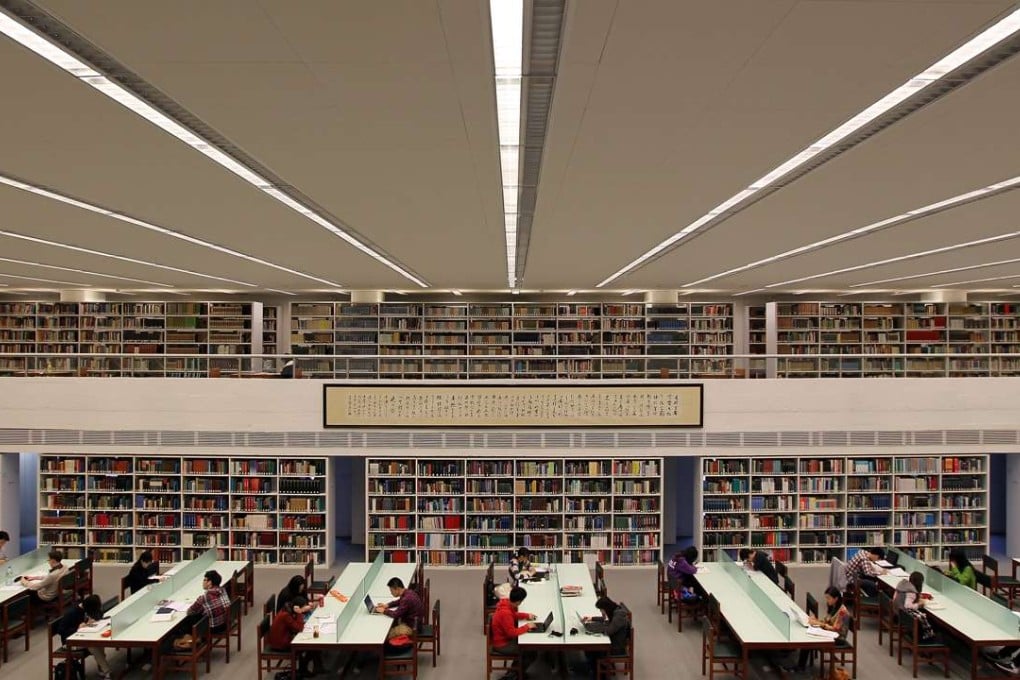The View | Eight reasons Hong Kong should increase university tuition fees
Local university fees have been frozen since 1997, while there are spaces for only one of every four applicants

Since 1997 the annual tuition fees that undergraduate students pay at universities funded through the University Grants Committee have been frozen at HK$42,100. Government tuition policy seeks to recover 18 per cent of the recurrent provision for undergraduate education. By implication, the government has also not increased the funding it provides per student to the universities.
University tuition fees are soaring in most countries. In the US, a household with median income had to spend 8.4 per cent of its income to send one child to a public university in 1995, and 17.4 per cent by 2015.

In Hong Kong, by contrast, the trend has moved in the opposite direction. A household with median income had to spend 20 per cent of its income to send one child to a public university in 1997, but only 14.9 per cent by 2015. If government grants for families without means are factored in, then the percentages were 12.3 per cent in 1997 and 11.3 per cent in 2015.
In 2015, students received an average grant of HK$10,364 against $16,168 in 1997-98. This amount has declined over time, presumably because there are fewer qualified families.
Low tuition fees reduces parents’ burden, but what are its consequences? And is this good policy?
